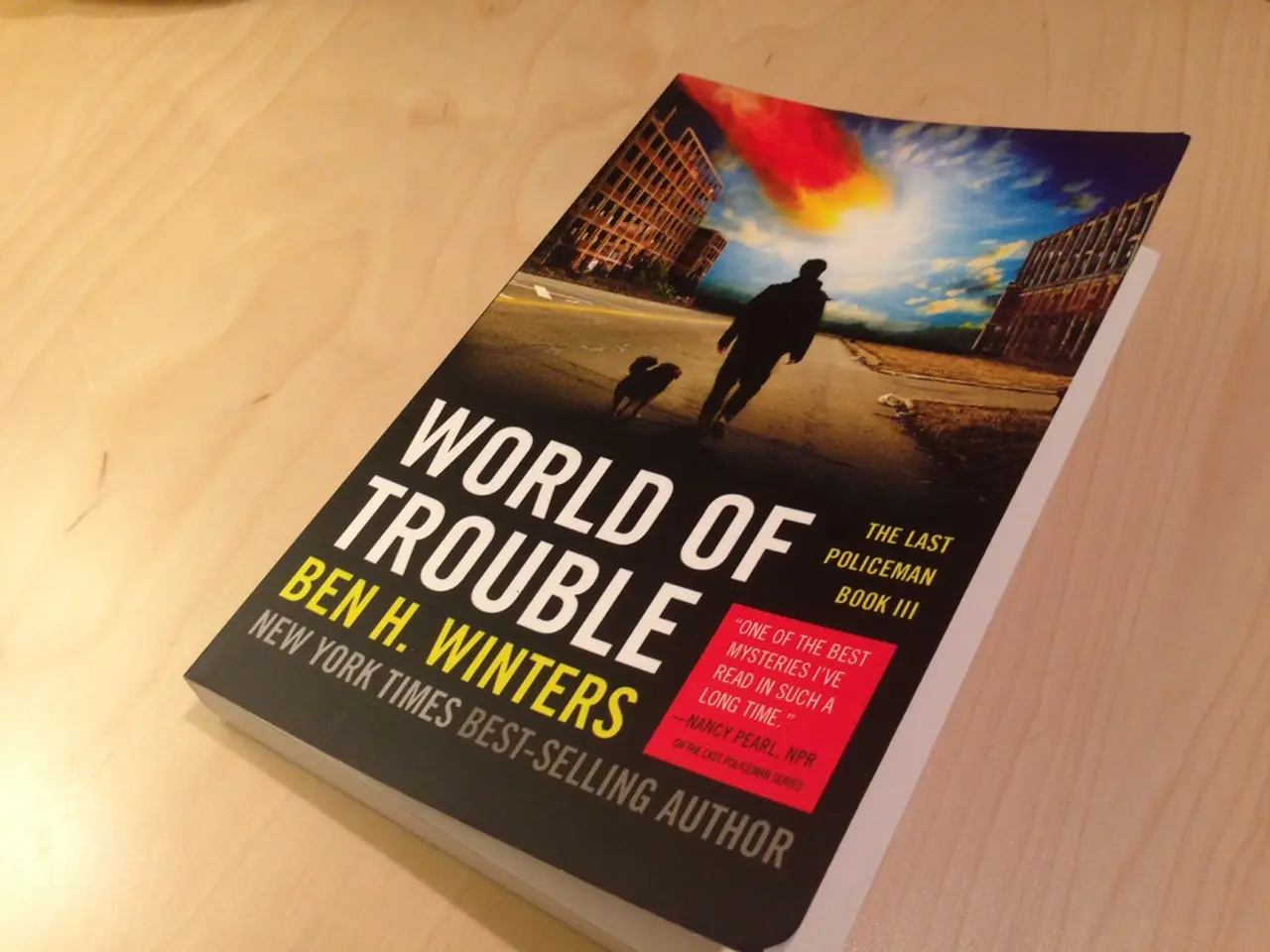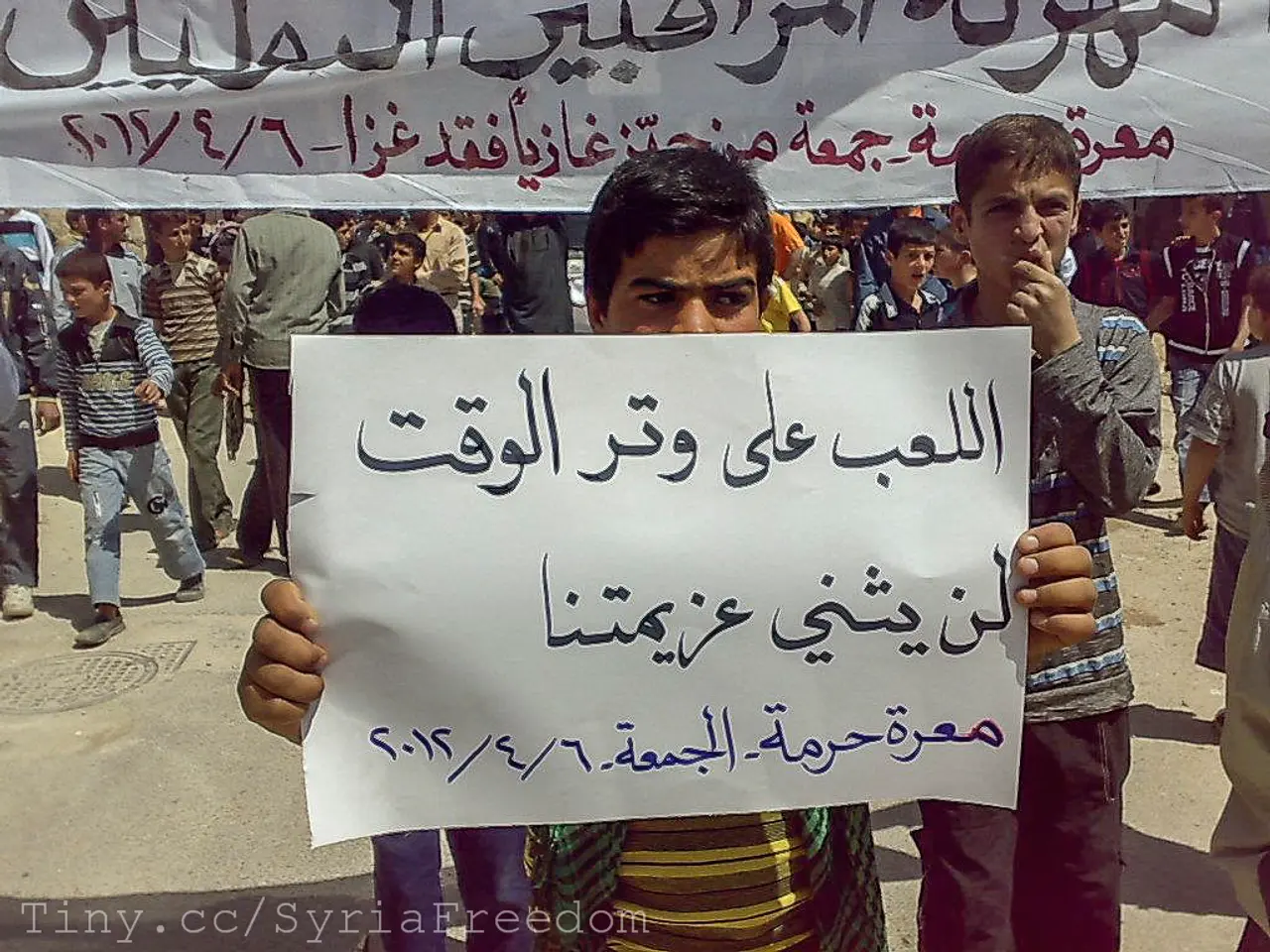American sanctions criticized by UN rapporteur Albanese as a breach of immunity
In a controversial move, the United States has imposed sanctions on Francesca Albanese, the United Nations Special Rapporteur on the Palestinian territories. The sanctions, announced by US Secretary of State Marco Rubio in early July 2025, bar Albanese from entering the US and freeze any American financial assets she may hold.
The sanctions, relying on a February 2025 Presidential Executive Order targeting individuals engaging with the International Criminal Court (ICC) efforts to investigate or prosecute US or Israeli nationals, have sparked widespread condemnation from the UN, international legal bodies, and human rights organizations.
Albanese's criticism of Israel has grown since Hamas's October 7, 2023 attack in Israel, which she described as a response to Israeli "aggression." Her reappointment as the UN rapporteur on the Palestinian territories has been criticized, with allegations of perceived anti-Israel bias. Albanese has become known for persistent accusations that Israel is committing "genocide" in Gaza and has compared Prime Minister Benjamin Netanyahu to Adolf Hitler.
In reaction to the sanctions, the United Nations has strongly criticized them, calling them unacceptable and a dangerous precedent that undermines the independence and work of UN experts like Albanese. UN officials have urged for the reversal of these sanctions and encouraged member states to engage constructively with the UN human rights framework rather than resorting to punitive measures.
The International Commission of Jurists (ICJ) condemned the sanctions as violations of international law, emphasizing that Albanese enjoys immunity under UN privileges and immunities conventions while performing her duties. The ICJ called on the US to rescind the sanctions and ensure accountability for alleged crimes in Gaza rather than shielding perpetrators.
Amnesty International, represented by Secretary General Agnès Callamard, condemned the sanctions as a "shameless and transparent attack" on international justice. Amnesty defends Albanese's mandate to advocate for human rights and international law, especially regarding the dire situation in Gaza, and views the sanctions as politically motivated retaliation.
Although specific statements from the European Union are not detailed in the available search results, Albanese's report implicates some European states for not fulfilling obligations under ICC statutes, leading to broader international concern over political interference in UN human rights work.
Despite the sanctions, Albanese remains undeterred, framing the sanctions as a warning to anyone who defends international law and human rights, justice, and freedom. During a recent conference in Bogota, Colombia, attending an international summit on the Gaza conflict, Albanese urged nations to take "concrete actions" against Israel and suspend all state and private sector ties with Israel.
The current status is that the United States has imposed sanctions on Francesca Albanese, triggering widespread condemnation from the UN, international legal bodies, and human rights organizations who view them as undermining the independence and effectiveness of UN human rights mechanisms and international justice norms.
- The controversy surrounding Francesca Albanese's sanctions extends beyond the realm of war-and-conflicts, as policy-and-legislation, politics, general-news, and crime-and-justice are all interconnected, with numerous international organizations, including the UN and legal bodies, expressing concern.
- The sanctions on Francesca Albanese, a UN Special Rapporteur on the Palestinian territories, have propelled crime-and-justice into the global limelight, with debates on the perceived political motivations behind these punitive measures and the potential implications for human rights and international law.






